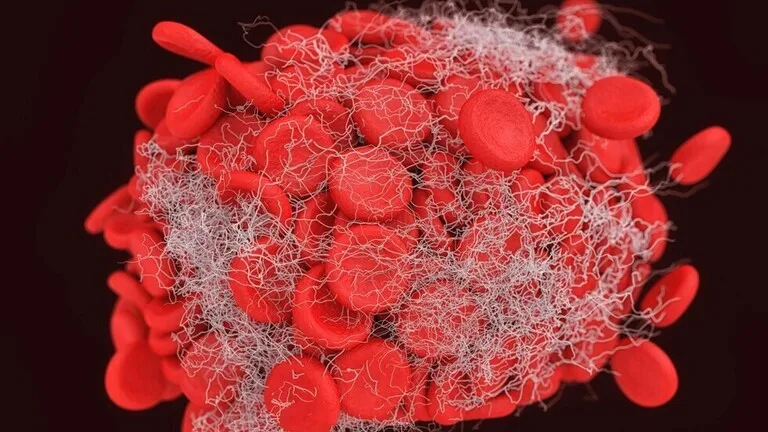Regardless of the usual heat-related health problems including heat stroke, not drinking enough fluids can have more serious consequences.
According to consultants of veins surgery, Professor Mark Whitley, forgetting to drink water can actually lead to deep veins clotting due to blood clotting. "Dehydration means that your body loses more water than it takes. Without enough water, your body cannot function properly, and you can become unwell. "
Professor Whitley, Founder of Whitley's Veins Clinic, explained: "Dehydration affects blood ingredients, making blood more intense and viscous. Blood flows into the veins at a slower rate than in the arteries. Therefore, drought can increase the chances of developing a blood clot in the veins. The blood clot in the veins is called "thrombosis", the most famous being deep vein clotting (DVT). "
If not treated, the incidence of deep vein clots can be "serious." The NHS explains:
"Blood clots can break down in veins, travel through the bloodstream and get stuck in the lungs. This is called pulmonary embolism. Pulmonary embolism can be life-threatening and needs treatment immediately. "
Professor Whitley advised :
- "To avoid dehydration, it is important to drink a lot of fluids (including water, herbal tea and fruit juice) every day
- especially if you have other risk factors for blood clots. Tea and coffee contain caffeine that actually leads to water loss. Alcoholic beverages can also make drought worse.
- Whiteley noted that "in warmer weather, it is important to increase the amount of water you take into account lost liquids when sweating."
Whitley generally recommends avoiding drinking too much caffeine or alcohol and staying in shade as much as possible and avoiding direct heat, especially during the hottest part of the day.
Symptoms of deep vein thrombosis include:
- Flick or spasm in one leg (rarely occurring in both legs), usually in the calf or groin
- Swelling in one leg (rarely in both legs)
- Warm skin around the painful area
- Red or dark skin around the painful area
- Puffy veins that are solid or painful when touched

